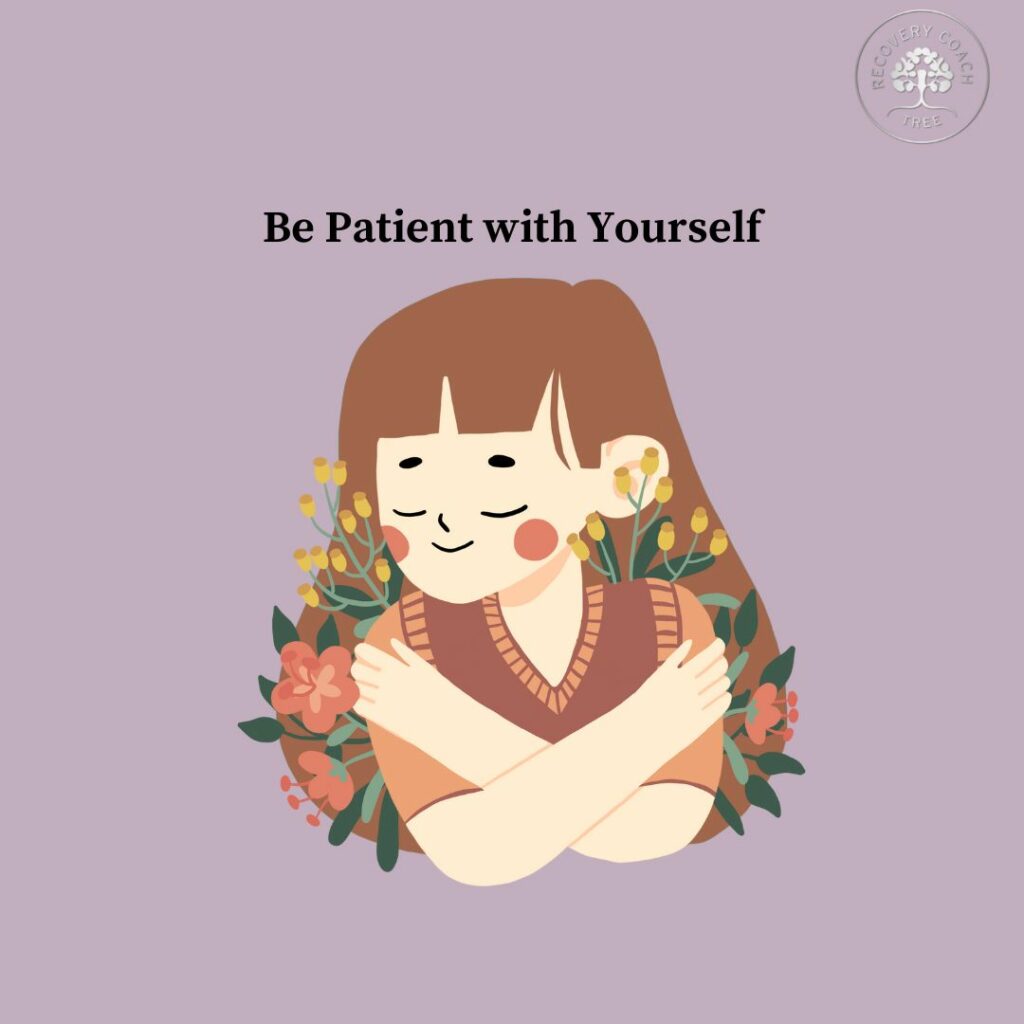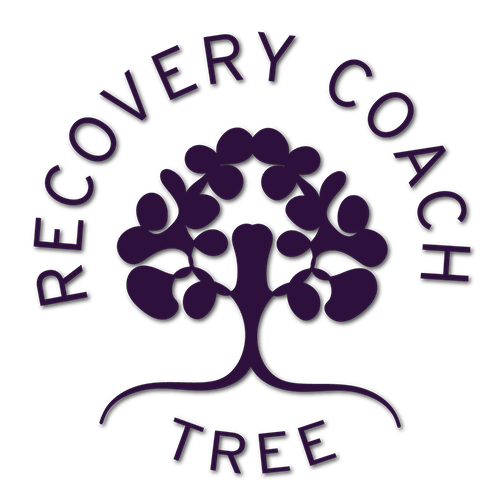It’s a good idea always to do your best in everything – as this can help you feel proud of your achievements and make the most of your potential.
However, it is essential to recognise that “your best” may vary daily depending on factors such as your energy level and the task’s difficulty.
Even when you cannot do your very best, it’s still important to try your best and stay motivated. By consistently striving to do your best, you can develop good habits and a strong work ethic that will serve you well in your personal and professional life.
What if you cannot do your best?

If you cannot do your best, it can be helpful to take a step back and assess the situation. Here are a few things you might consider:
1. Are any external factors impacting your ability to do your best? For example, are you feeling overwhelmed or stressed out? Are you dealing with personal issues that are distracting you?
2. Are there any internal factors that are holding you back? For example, are you feeling unmotivated or lacking in confidence?
3. Are there any practical steps you can take to improve the situation? For example, can you break the task into smaller, more manageable chunks? Can you seek help or support from others?
Once you better understand what is preventing you from doing your best, you can develop strategies to address these issues. Remember to be kind to yourself and to take things one step at a time. You can find ways to overcome obstacles and achieve your goals with persistence and determination.

Health Issues can Impact Your Ability to do Your Best.
It can be frustrating and challenging if you are experiencing health issues impacting your ability to do your best. Here are a four things you might consider:
-
- Seek medical treatment: If you are not feeling well, it’s important to seek medical treatment as needed. A healthcare professional can help to diagnose any underlying health issues and recommend the appropriate treatment.
-
- Take care of yourself: It’s important to take good care of yourself when you are not feeling well. This may include getting enough rest, eating a healthy diet, and staying hydrated.
-
- Communicate with others: If you are unable to do your best due to illness, it’s important to communicate with others about your situation. This can help to ensure that your responsibilities are being taken care of and that people understand the challenges you are facing.
-
- Seek support: If you are struggling to manage your illness, it can be helpful to seek support from friends, family, or a mental health professional. They can provide emotional support and help you to develop coping strategies.
Be Patient With Yourself.
Remember to be patient with yourself and to take things one day at a time. It’s okay to ask for help when you need it, and it’s essential to prioritise your health above all else.
Are You Looking For NDIS Support?
Are you looking for NDIS support? Send Petria a message here on how she can help you with your NDIS plan.
